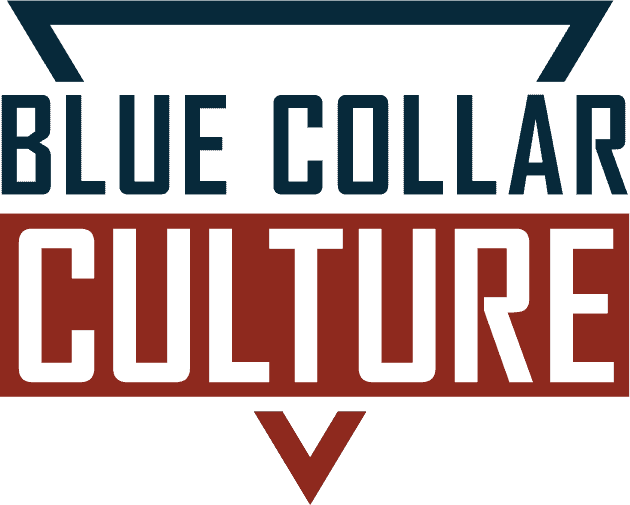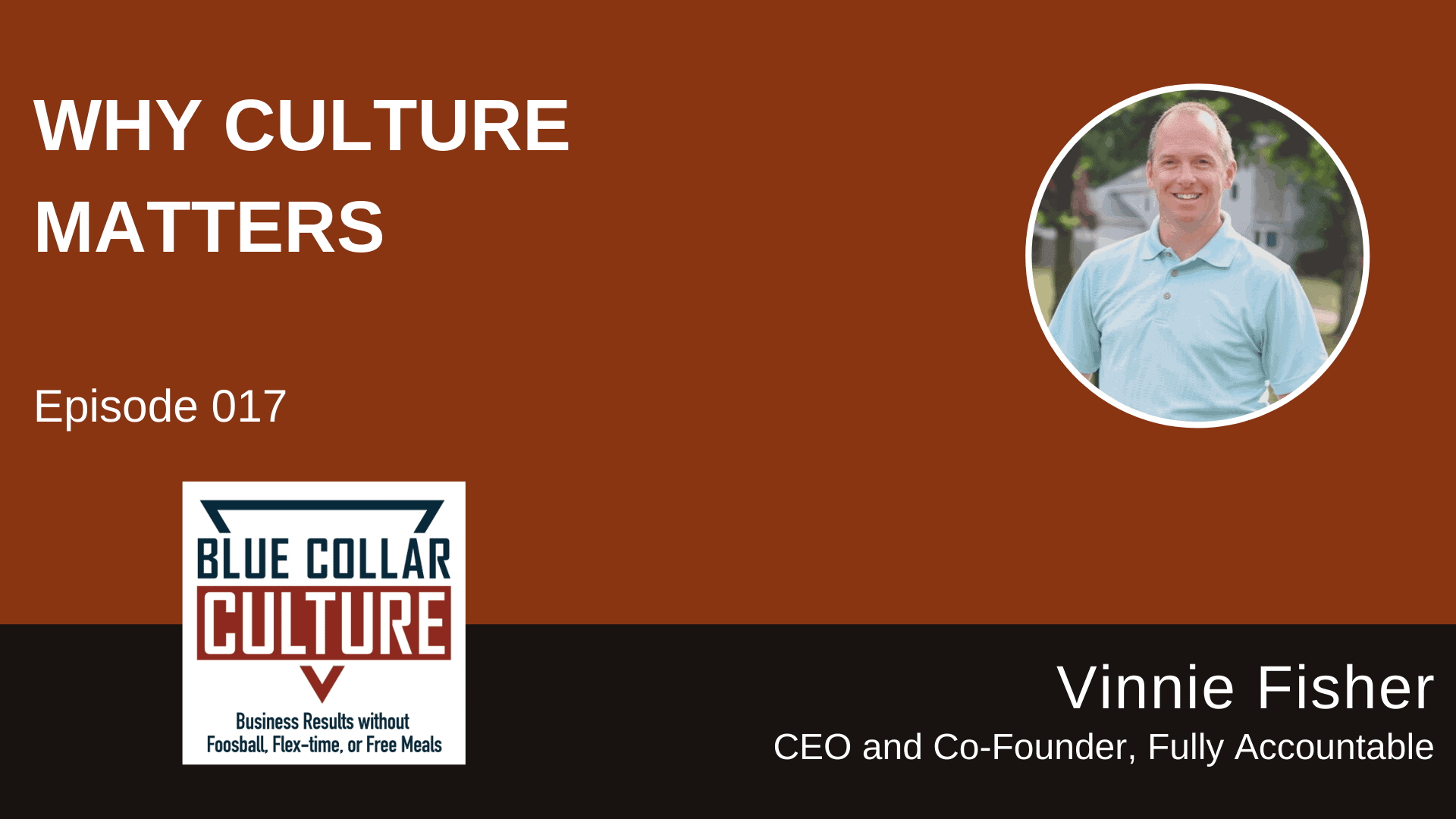In today’s episode of Blue Collar Culture, we sit down with Vinnie Fisher– businessman, author, entrepreneur, husband, and father. Vinnie’s journey hasn’t been easy, coming from a family where he was the first to graduate college, “let alone secondary school,” says Vinnie. His story truly shows that perseverance and dedication can bring you great things.
Before focusing on his business and family, Vinnie was a lawyer in the corporate branch of his firm, handling M&A deals. Then, Vinnie was coaxed out of the legal services world and ended up in building internet companies for over 10 years, the last of which was sold off in 2014. Now, Vinnie runs Fully Accountable– a complete back-office solution.
“I was so excited when I got the idea of talking about blue-collar culture because we live the idea of culture every day and in what we do,” says Vinnie on why he’s appearing on the show.
We’ll talk to Vinnie about how he defines culture, how he’d describe the culture at Fully Accountable, as well as…
- How his employees helped shape his culture
- What he thinks of when he thinks of his company’s values
- Why values aren’t just words– they’re the foundation of your business
- How demonstrating your company values provides actual value to your clients
- Why fostering honesty and open communication is important, and
- How vulnerability within the office environment allows for growth
Listen now…

